Too sleepy to succeed: why CHS should start later (Editorial)
If school started later, students could be more rested and in turn, more productive in class.
Does this look familiar?
We have all been there, hitting the snooze button over and over so we can get a few more minutes of sleep. By the time you decide to wake up, you’re running late for school. If only you didn’t have to stay up late due to the amount of homework you had.
Did you know that teenagers are supposed to sleep at least 9 hours every night? School starting early is a huge factor to why students don’t get enough sleep. In fact, according to the National Sleep Foundation, “Only 15% of students get 8 hours of sleep on a school night.” If school were to start later, it would result in well-rested students, as well as better school results.
Getting a great night’s sleep makes you feel like you can tackle anything, school included. The National Sleep Foundation also mentioned that not getting enough sleep can “limit your ability to learn, listen, concentrate, and solve problems.” CHS starts at 7:49am, which means most students wake up before 6am to catch their busses. Between homework and after school activities, students end up going to bed around 10pm. That leaves them with less than eight hours of sleep. If students lack sleep, performances will reflect.
If school started just thirty minutes later than it does now, students should, in theory, perform better. That’s what CHS wants, right–for students to perform to the best of their abilities. If school started later, students may go the extra mile.
Sleep not only allows students to be more efficient; it offers the same for adults. The students aren’t the only ones who need sleep. Most teachers work hard and go home to work even more. We all could use a little more sleep. Therefore, schools should start later.
Disclaimer: Articles designated as “Editorial” represent the views and opinions of the author, not the 2014-2015 Periscope staff, CHS Administration, or the CHS student body.
Want to help the Herd? Please consider supporting the Periscope program. Your donation will support the student journalists of CHS and allow us to purchase equipment, send students to workshops/camps, and cover our annual website hosting costs.
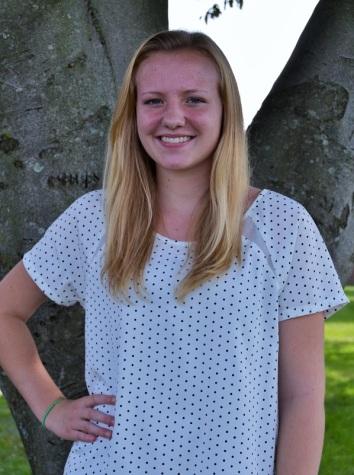
Lauren Pantleo is in 10th grade. Her staff position on Periscope is Perspective Writer. She does track and was a competitive swimmer. Lauren enjoys music...
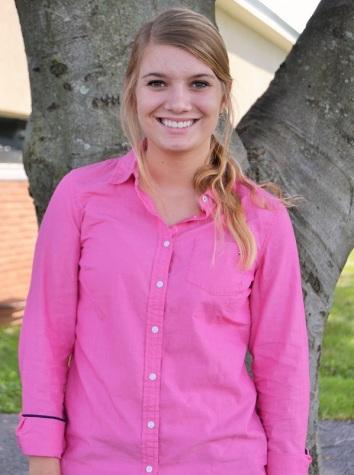
Alexa is a senior at CHS and this is her first year on the staff. She will be taking photographs and is part of the news staff. She plays goalie for...




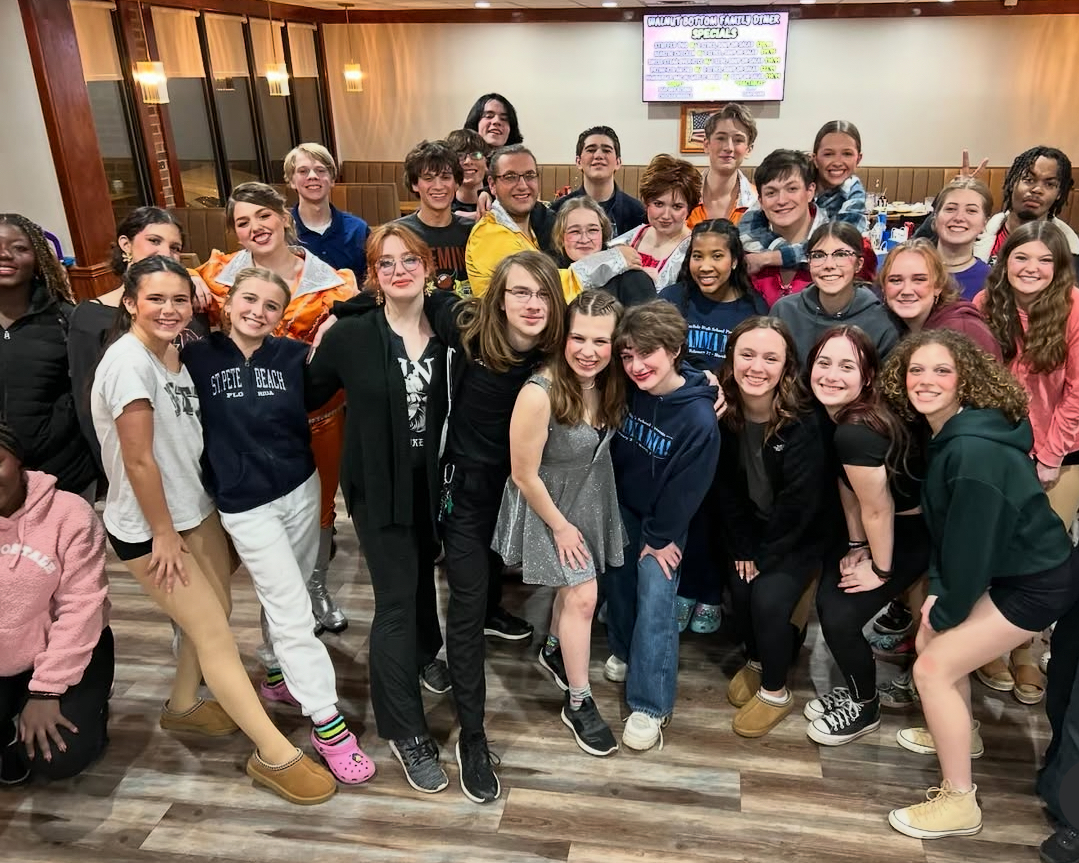








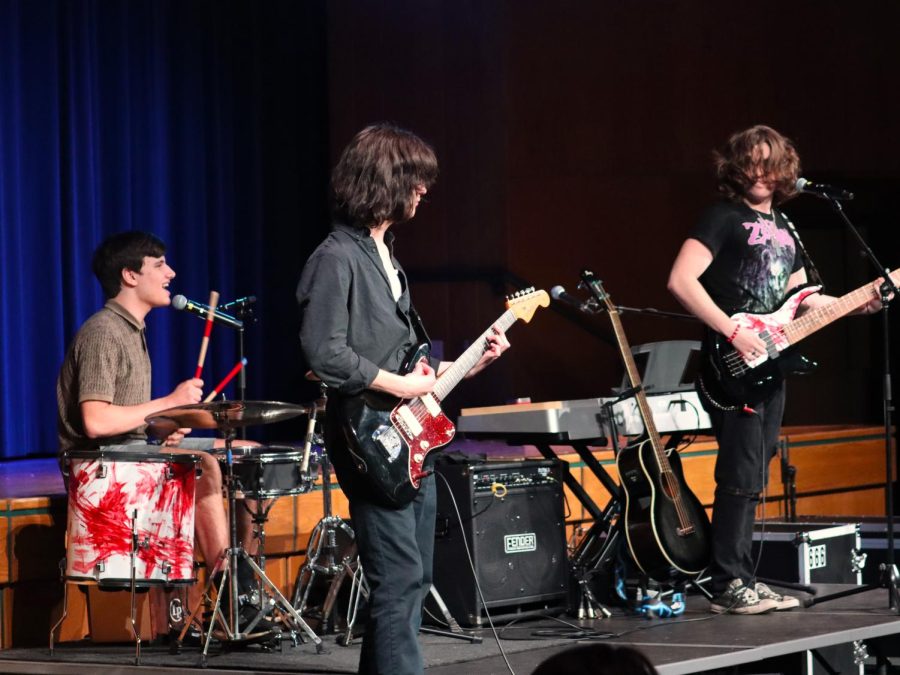













































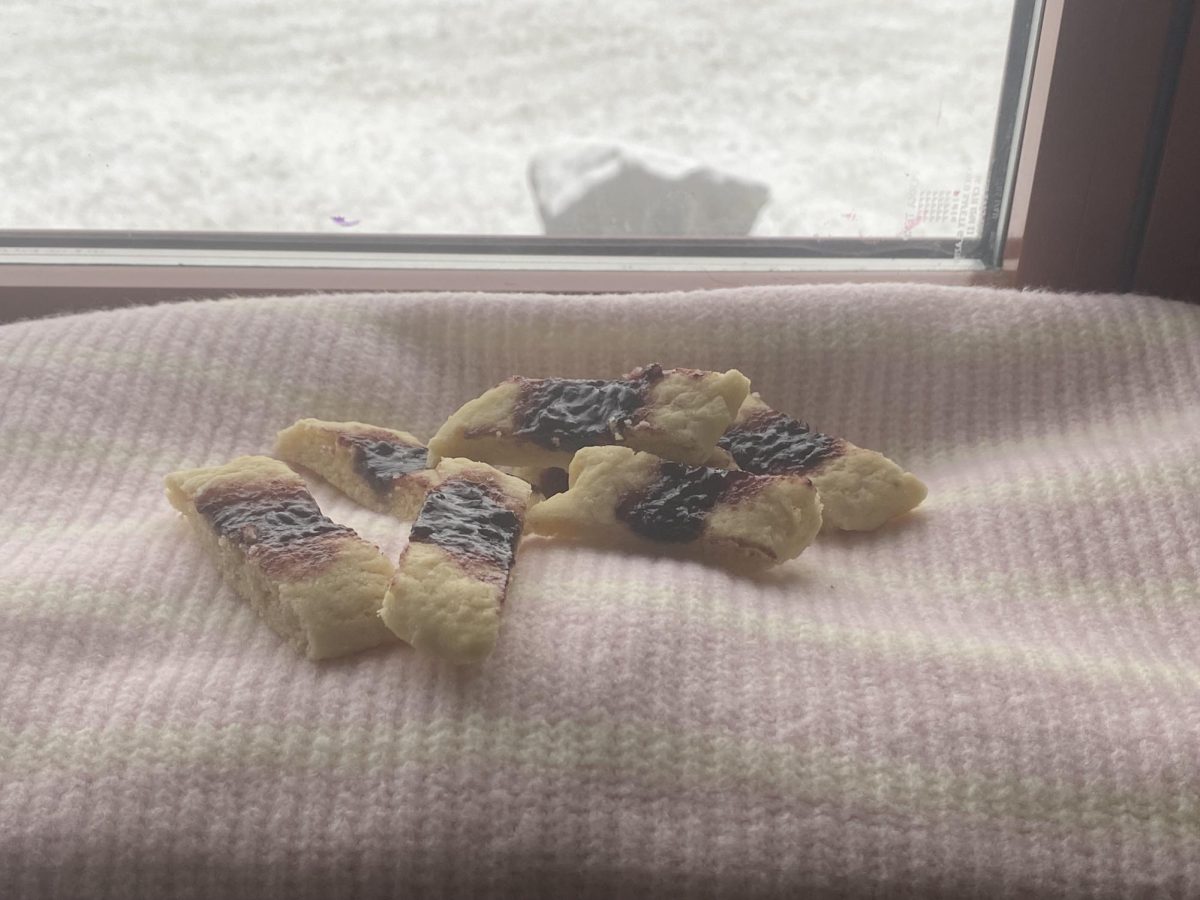

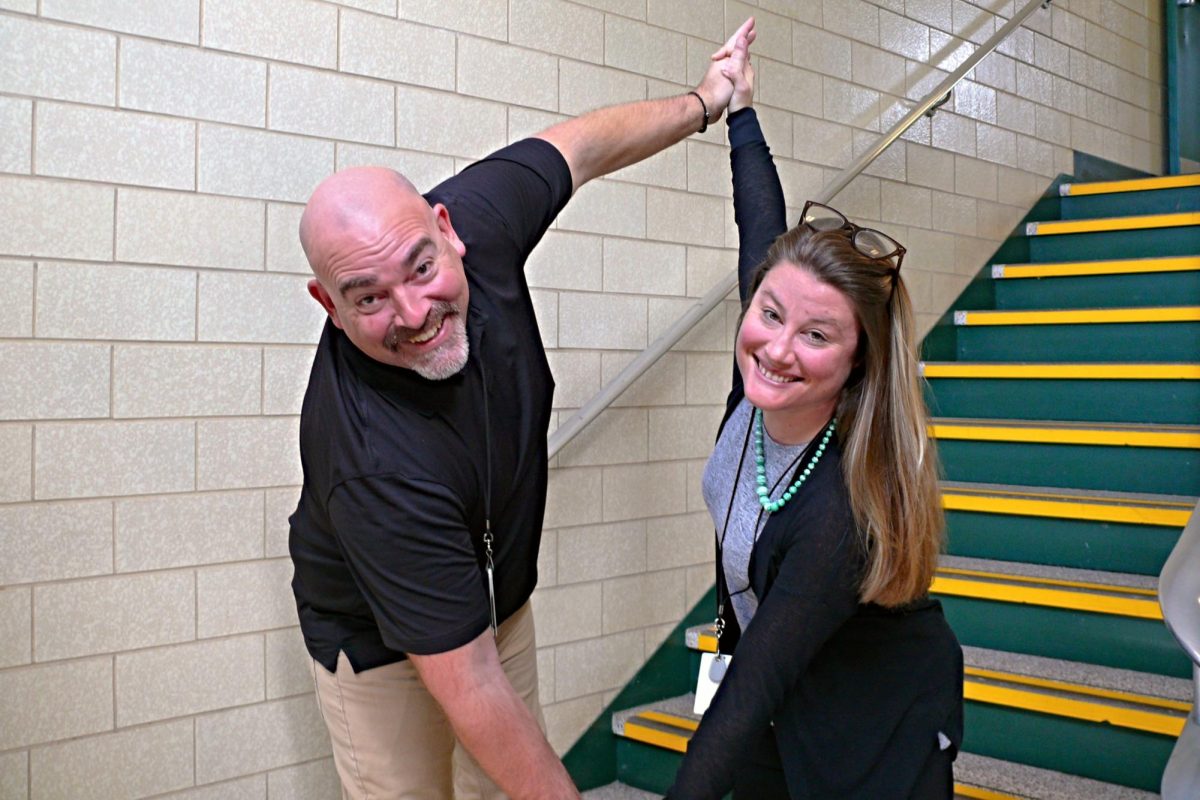




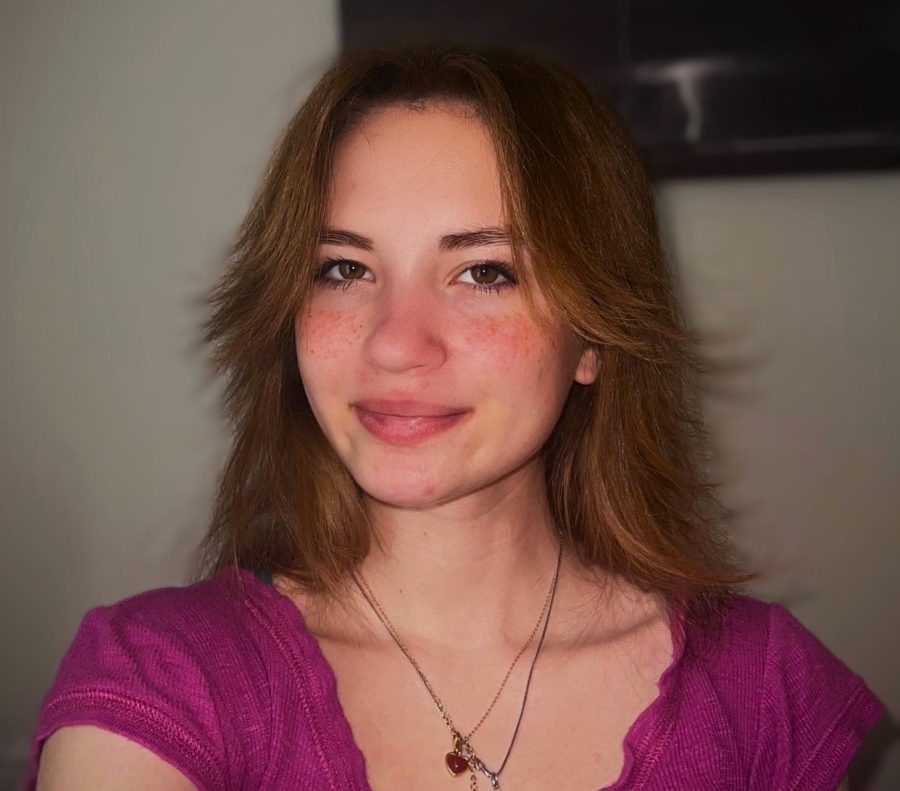





























DJ Anderson • Jan 20, 2015 at 10:03 pm
I think the elementary school children who are abundant in energy and blessed with little homework should start school at 7:49, and the high school aged students should start at the 8:30 time that elementary school normally starts. It would give parents time to drop their kids off before work, while high school kids can either catch a bus on their own or drive themselves to school. I would definitely appreciate an extra hour of sleep.
Sarah French • Dec 2, 2014 at 12:43 pm
I agree with the fact that teenagers do not get enough sleep and the fact it would be awesome to sleep in. But, if school started later, than school would also end later. Personally I would not like to waste more time out of my day. It would also effect sports teams hours of practice. During daylight savings time it gets dark very early and sports teams would have to find time practicing in the dark. Another big advantage to starting early and getting out early is the fact of avoiding traffic around 5.
Kenleigh Peet • Nov 20, 2014 at 1:16 pm
School starting later only means a shift in all other aspects of a student’s life. If school started later it would either have to end later in the day or later in the year, neither of which I’m up for. Being a full-time student working two jobs is hard enough without having to redevelop your whole schedule, which is exactly what a change in school hours would lead to. The balance of school and an after-school job can be difficult, but the earlier school lets out, the easier it is.
Adam • Nov 6, 2014 at 11:29 pm
I agree 100% with school starting later. At this age, our bodies tell us to go to bed later, and wake up later. On a normal night, it is very difficult for me to go to bed at any time before midnight, and waking up at 6 AM, is extremely difficult, especially considering how busy mornings can be.
Chanele Davis • Nov 5, 2014 at 9:25 am
I definitely agree! If school started just a bit later you would see many improvements in the student body as a whole! Less tardies, better attendance, better moods, better grades! A later start time would be positive for everyone!
Nicole Marshall • Nov 4, 2014 at 2:09 pm
This is true in El Paso our school didn’t start until 8:45 and many students preformed well our school had a lot of academic scholarships!
Francesca DiPaola • Nov 3, 2014 at 7:58 am
I agree, school should start later. Nobody likes being here this early in the mornings, and doctors have proven that teenagers brains can’t really function until way later than when school actually starts. It is not an intelligent decision to think that getting students here this early and expecting them to do well could be a good thing.
Gannon Wagner • Oct 31, 2014 at 1:11 pm
I do agree and I do not agree because most teenagers do better when they get more than 8 hours of sleep but most teenagers have a job that they need to go to after school
Tyler • Oct 31, 2014 at 12:17 pm
I have to agree that school should start later because kids don’t get the complete amount of sleep that they need each night. if u have homework or after school sports or even a job there is just not enough time in your day to complete all of those and get 9 hours of sleep.
Justin Yuen • Oct 31, 2014 at 11:54 am
I agree with this article. This article was also well written. I truly believe that sleep does affect how we learn and how we do in class. When I get home from school, all I do is homework. By the time I am finished, it is already 10 PM. When I get ready for bed, it is already 11. So I only get like 7 hours of sleep.
Caitlyn Turner • Oct 31, 2014 at 11:00 am
I agree 100% with going to school later. With having homework every night, i dont go to bed until 10 or 11 pm. Going to school at least half an hour or an hour later, would benfefit lots of students and help to reflect grades.
Addison Jastron • Oct 31, 2014 at 10:06 am
I really like this article and I entirely agree. Students would preform much better and be more interested if we were only allowed to get more sleep. Dozing off in class feels awful, I am all for schools starting later.
Bonnie Hite • Oct 31, 2014 at 10:04 am
i know i would do better with an extra half hour. and i need a hug every day because i have to wake up at 5:00. you may think thats rediculous but thats how long it takes to be this fab….and concious.
Noah Beck • Oct 31, 2014 at 9:20 am
I do believe we should start later in the day. I have tennis almost every day and at least 2 to 3 hours of homework everyday. If school could just start a little bit later I think it would help me alot in paying attention and completing all my homework on time.
Melisa Kadiric • Oct 31, 2014 at 9:13 am
I think the article is great and has lots of good points in it.
CHristopher McCullough • Oct 30, 2014 at 2:36 pm
The name spelled CHristopher is me
Sierra Goshea • Oct 30, 2014 at 2:36 pm
I completely agree that as students we don’t get enough sleep to be expected to perform at our full abilities at school. As teenagers, most of us have jobs that we have to attend to right after school. By the time we get done working for our salary, we then have to go home and stress to finish our homework for those good grades that we want. Not only does waking up at 6 take away sleep, it takes away material that we could be potentially missing out on due to lack of sleep. I feel as though schools should start later in the day because it would give us time to get the rest our bodies need. Studies even show that kids need at least 9 hours of sleep each school night so the schools really should take that into consideration since they are so concerned about doing what is best for the student body.
CHristopher • Oct 30, 2014 at 2:36 pm
I think school starting later would be an awful idea. If we started school later than I would have less time to do the things that I enjoy after school like sports and work. From a athlete’s pespective I dont think it would be good for me to be going home at likealmost eight’o’clock practice ran late or is starting at a later tme because we moved the school hours up. I do understand people are tired during school but that usually is a result of the students own scheduling. The less us were to procrastinate (and we all know that we do) the more time we will have to actually get to sleep. If people stopped complaing about getting sleep and actually did it then they would see that the problem would dissapear. Although there will always be people that do have that much homework and that sucks. They need hugs
isaiah banks • Oct 30, 2014 at 2:34 pm
I really like this article because its something I can relate to and thought about plenty of times. Especially doing football after school from 3:30 -6:30 takes up a bunch of my after school time that I could be getting my homework or studying done. I completely agree with this article, I have even looked up the statists for student’s participation and student grades would be like if school started a little later. Personal on 2 hour delays I feel more ready to learn and into what is going on around me and in the classroom because I have more energy to focus. So hopefully school can start later down the road so the United States education rate goes up higher than what it is now. So I really enjoyed this article a lot and hope too read more about things I can relate too and glad you use statists.
Jamie Frohm • Oct 30, 2014 at 2:27 pm
I think that school starting later would be extremely beneficial because I know personally that I do not get 8 hours of sleep a night. Especially since I play sports and work it makes it difficult to get my homework done in a timely fashion. I would be more motivated to get up and go to school if I got that extra time to sleep and I think that I would be more likely to pay attention in class and not have the urge to always fall asleep. Also, I would do more of my homework because I would not just want to go to sleep at night or I know that I will have time to get up and do it in the morning. If studies show that kids do better with more sleep then why not just push school back an hour? The only down side to pushing school back is that school will end at a later time.
Sophie Stephens • Oct 30, 2014 at 12:25 pm
Starting school later is a great idea! I can’t speak for the student body, but I can say that personally, getting up in the mornings for school is the most difficult part of the day. Each night, I am swamped by my work and school responsibilities and usually end up getting six hours of sleep. Six hours really isn’t too bad, but after you a while I start to fall asleep in class. I think that letting students have an extra half hour at least will really ease our morning routines.
Devin Garwood • Oct 30, 2014 at 10:19 am
I don’t think we should have an earlier start time because. It’s good for us to wake up early and get a good start to our day. And anyways if we would have the start time later we would probably just go to sleep later so it would basically the same thing as waking up early. I think if people are worried about being tired when going to school just go to sleep earlier. Also I think it all depends on the individual and there’s really no way of seeing if it would be working other than opinion. This is why I think the start time school stay the same at Carlisle high school.
Nicolas Salinas • Oct 30, 2014 at 10:01 am
I personally believe that this would be perfect for everybody.
Students, teachers and staff should get more hours to sleep. The school should start later, but that would lead to finish a little later. It is very important to have more hours of sleep, as well as for academic performance, to rest and relax the body that is under constant pressure and stress every day.
The teachers and staff would also benefit from this. There are some teachers and people from staff who live “far”, who continue working after school hours and have to get up very early to get to school on time and keep working
I really don’t see the problem with this. This should have been implemented long ago, because many people would benefit.
Frida Skogan • Oct 30, 2014 at 9:43 am
As I wake up to the annoying sound of my alarm in the mornings, I always hit the snooze button just to get a few more minutes of sleep. During most of my classes I almost fell asleep. Not because the classes are boring, but just because of the fact that I didn’t get enough sleep. When school is finally over, I ride the bus home and get ready to go to practice. When I come home I have tons of homework that is due the next day, so I need to get that done before going to bed. I never go to sleep before eleven, and I never feel fully rested for school. I highly recommend school to start later.
Ashley Harbold • Oct 30, 2014 at 9:36 am
I think that if CHS started a little later it wouldn’t work for people who have jobs. Those people would be late for work and would get fired from their jobs because of school. Some people make plans after school too, like trick or treating. How are u supposed to go trick or treating when your still sitting in school. I just don’t think it’s a very good idea to start school later. If you want more sleep, go to sleep at a decent time instead of 11 or 12:00. When you have more sleep you will do a lot better in school, I agree with that. For some people it just wont work that’s why I am commenting on this.
Bonnie Hite • Oct 31, 2014 at 9:59 am
that wouldnt work. i personally know kids who arent involved in anything but school activities whom cannot go to bed until 11 and sometimes miss dinner because of homework. jobs are required to be later if school ends later and have a specified number of hours a student can work each day and each week.
Levi Fink • Oct 31, 2014 at 11:04 am
okay… I have a job, and I do school, and I do house chores, and I go hunting, and I do homework all in one week sometimes doing all of them every day. I go to bed at 10:00-11:00 every single night. my body is accustomed to getting this amount of sleep so for me I am not effected. I have the best grades this year I have had since elementary school… I think that students should maybe learn sacrifice. for me its sleep to stay up and do homework. life is hard and sometimes things need to go in order to make room for new experiences and adventures.
Claire Hillison • Oct 29, 2014 at 8:57 pm
Great Article! I think this is a problem that a lot of students have. Especially when homework is the cause of staying up late. I think that starting school later would be a great thing! In bad weather, it could also give walkers an easier time getting to school. Sleep is super important!